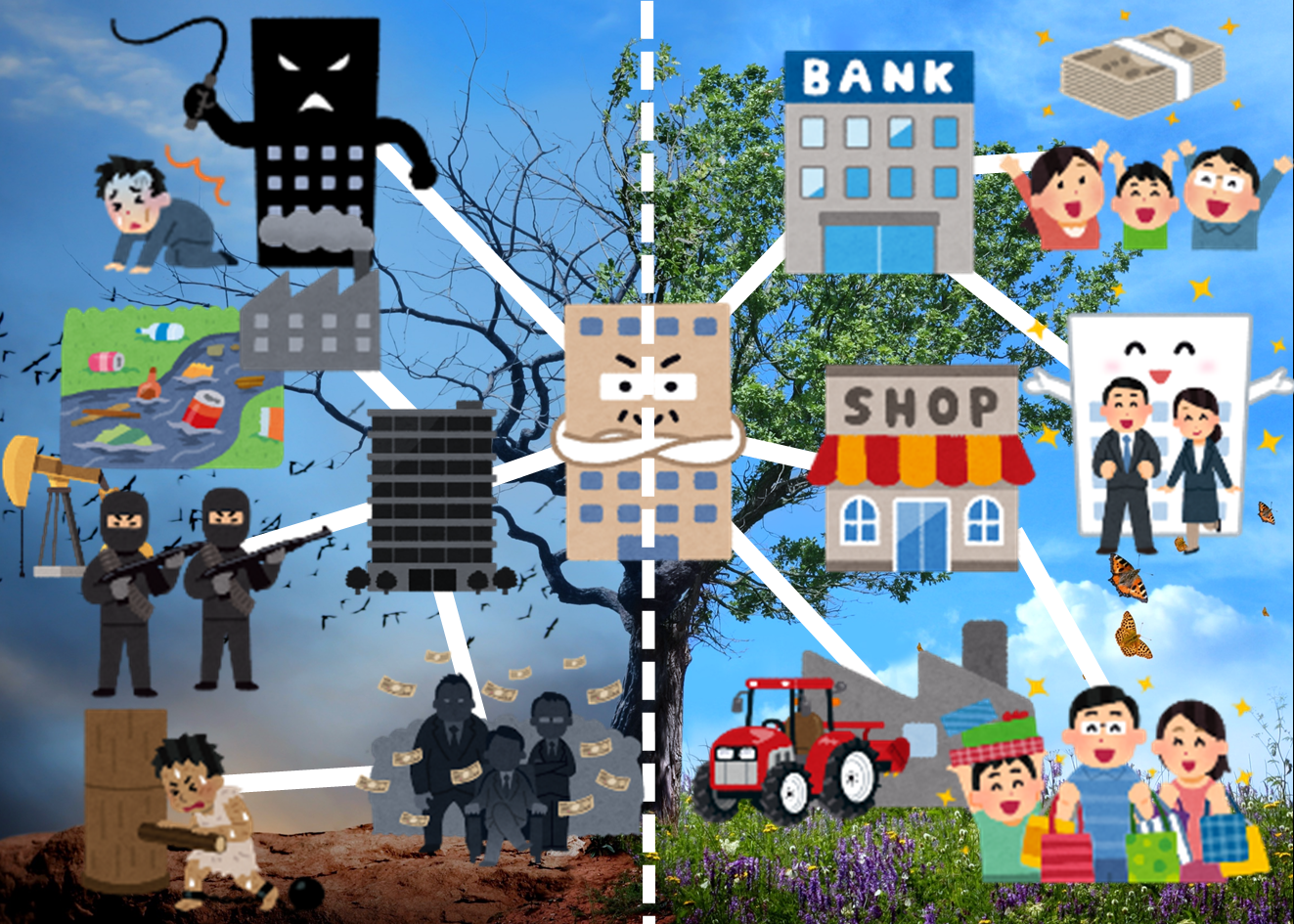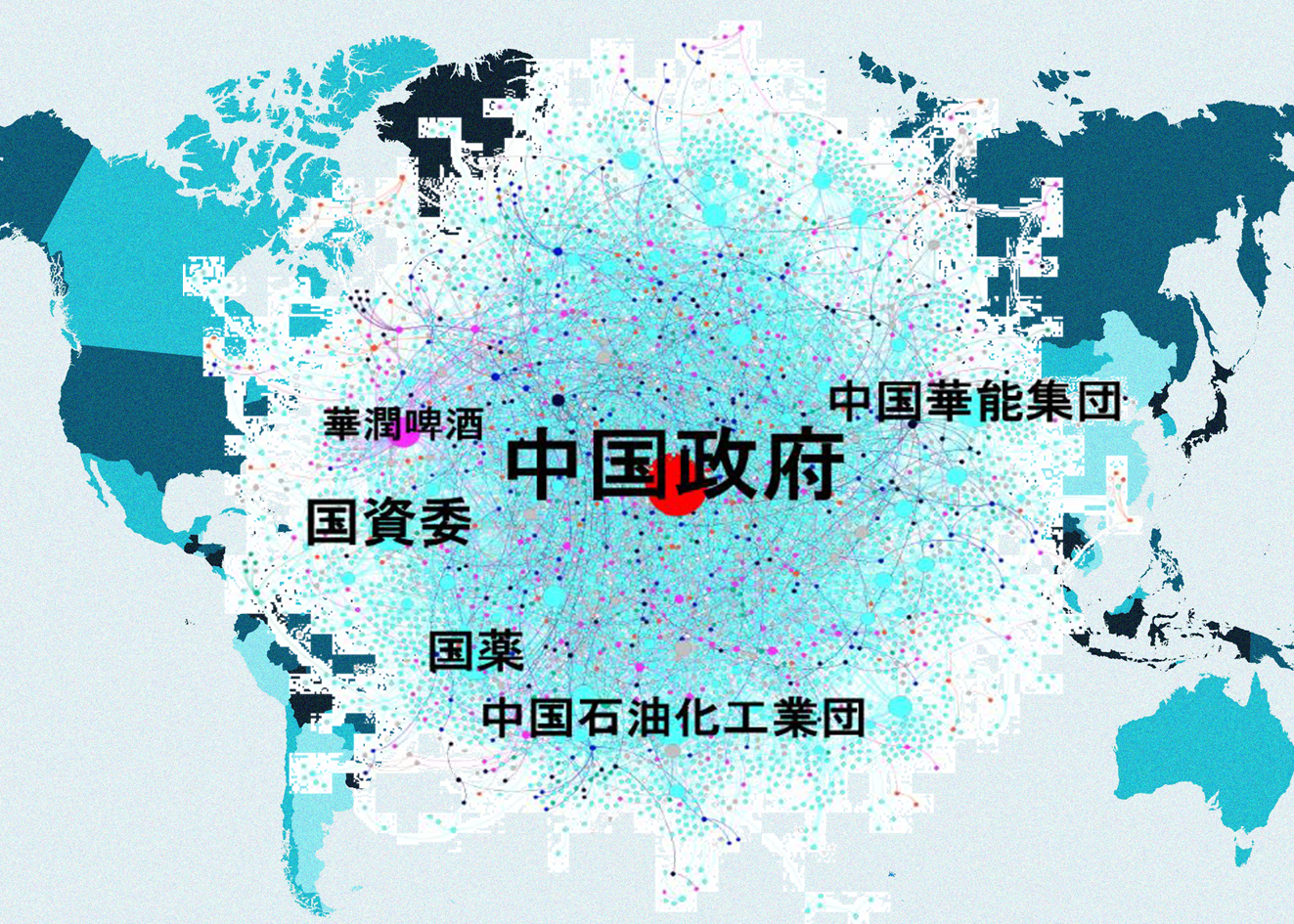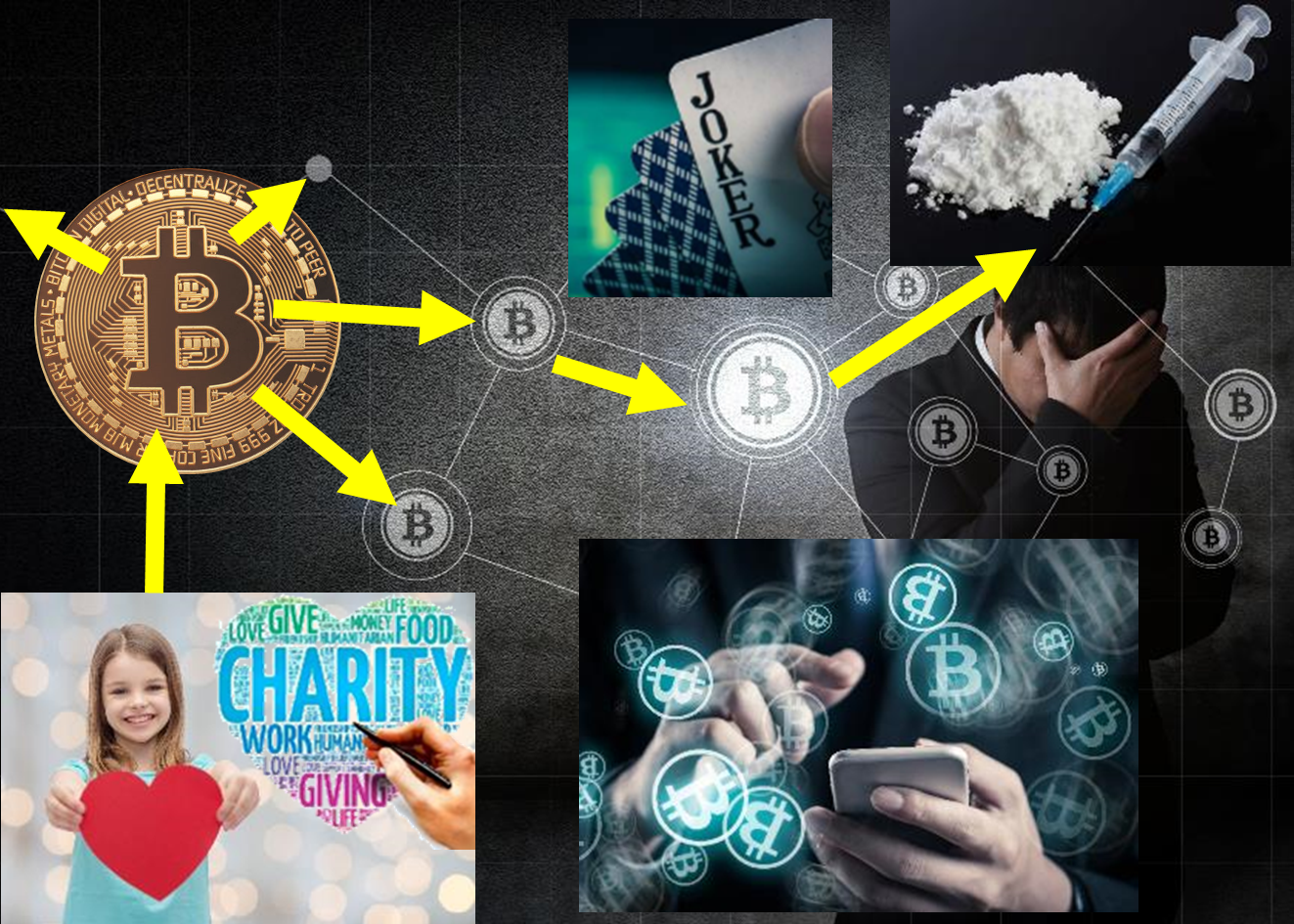Research
Exclusive nationalism versus multicultural symbiosis
A study of cultural fusion and conflict using big data on the movement of people
From countries to ethnic communities
The movement of people is becoming increasingly globalized. In the United Kingdom, some people fear that growing numbers of migrant workers from the continent will deprive local people of employment.
The influx of Syrian refugees has caused friction between locals and refugees/immigrants in Europe, and has led to the creation of a “Munich Wall” that separates refugee facilities from residential areas.
China’s Belt and Road Initiative allows both capital and workers to cross countries and borders, and to trade within the same ethnic group.

Spatial segregation
SNS (social networking site) posts that contain location information can be used to estimate the spatial distribution of various personal attributes, like the spatial distribution of people who are fans of AKB48 (a popular Japanese girl group), for example.
During the period when ISIS was growing in power, it was found that Arabic speakers in the Paris metropolitan area were increasingly living in spaces where they were separate from speakers of other languages.
It is possible to see how the memories (scars) of terrorism diminish over time and with increasing distance from the location of a terrorist incident.

Inferring ethnicity from names
A recurrent neural network can be used to infer a person’s ethnicity from their surname. The spatial distribution of ethnic groups can be ascertained from address books.
By using the address books of various industries and social groups at multiple points in time, it is possible to observe how the degree of multi-ethnic symbiosis evolves over time in different regions and industries.
This makes it possible to observe ethnic connections across nations and regions, and social and economic activities on ethnic networks.

Estimating attributes from movement history
Based on the places visited by people according to their GPS history, it is also possible to infer their social personal attributes such as gender, age and occupation, and sometimes even their religion and political beliefs.
[1] Joomi Jun and Takayuki Mizuno (2020) 投稿中
[2] Shohei doi, Takayuki Mizuno, Naoya Fujiwara (2020) 投稿中

Research topics
-

Conflict Minerals / Modern Slavery: Research on dark side correction through the global supply chain
-

The rise of China: Visualization and prediction of power struggles in globalized shareholder networks
-

Economic bubbles and financial crises: Detecting outliers generated by self-feedback and crowd behavior
-

Exclusive nationalism versus multicultural symbiosis: A study of cultural fusion and conflict using big data on the movement of people
-

The economics of online society: Preventing excessive competition in a cyber society free from spatial constraints
-

Safe and secure cryptocurrency society: A study of remittance control systems for the cryptocurrency age
-

Manipulation of public opinion: A study of how it can be prevented in SNSs
-

Wealth inequality: A study of corporate productivity and social polarization